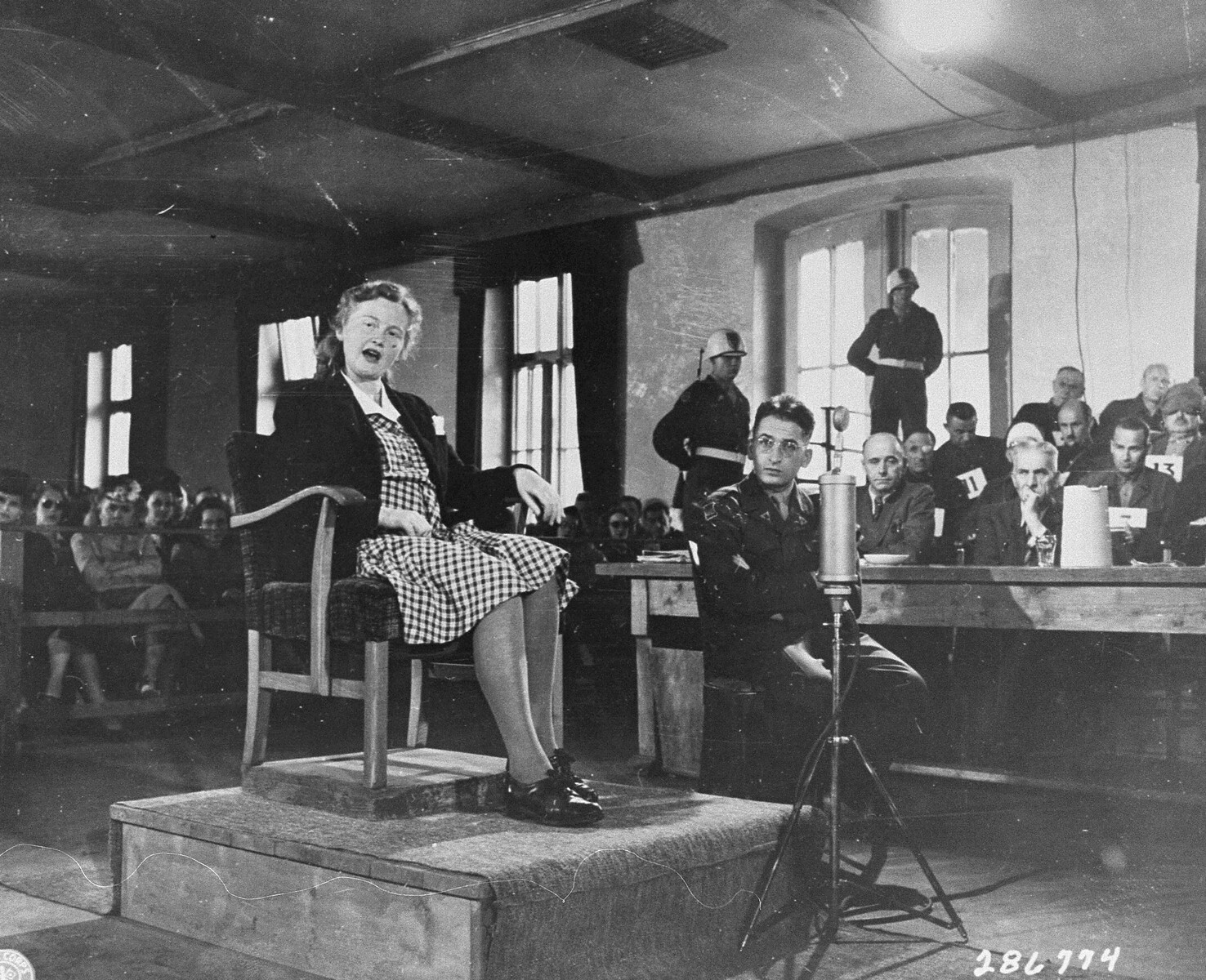Directed by Stephen Daldry, ‘The Reader’ tells an engrossing story of a German lawyer named Michael Berg (Ralph Fiennes) who, as a 15-year-old (David Kross), starts an affair with a much older woman Hanna Schmitz (Kate Winslet). The two mostly stay at Hanna’s apartment having sex, after which Michael reads to her from his literary works. After getting a promotion from the tram company’s office, Hanna leaves everything and everyone behind without giving any notice. A few years later, Michael finds her as one of the defendants in a war crimes trial when he is at Heidelberg University Law School observing a trial as part of a seminar.
To Michael’s horror, it is revealed that Hanna was a Schutzstaffel or SS guard at a Nazi concentration camp. Soon, Michael realizes that Hanna is harboring a secret that could save her at the trial. With amazing performances from Kate Winslet (who also won an Academy Award for Best Actress), Ralph Fiennes, and David Kross, ‘The Reader’ is rendered with aching emotions and heartbreaking tragedy. If you are wondering whether the story of the 2008 film is based on true events or not, we are here to help you out!
Is The Reader Based on a True Story?
‘The Reader’ is partially based on a true story. The screenplay is adapted from the 1995 German novel of the same name by Bernhard Schlink. The book is considered a parable that deals with the complexities faced by the post-war German generations in understanding the Holocaust. Although Schlink never revealed the basis on which he developed the character of Hanna, Professor Bill Niven, an expert on modern German history, stated that the character of Hanna strongly resembles Ilse Koch, who is also known as the “B*tch of Buchenwald.”

“No other known female camp guard comes close to matching up with Schmitz,” Niven said. Owing to her misdeeds, Ilse was also referred to as “The Witch of Buchenwald,” The Beast of Buchenwald,” “Queen of Buchenwald,” “Red Witch of Buchenwald,” and “Butcher Widow.” Similar to Hanna, Ilse, too, was sentenced to life imprisonment before she died by suicide. Ilse was married to the commandant of the Nazi concentration camps, Karl-Otto Koch. Ilse was also among the first prominent Nazis tried by the U.S. military. Based on survivors’ accounts, her actions were described as “sadistic.”
According to reports, Ilse used to ride through prisoners on her horse, and at one time, repeatedly stamped on a man’s face. Prisoner William Gellinick, who worked at Buchenwald’s pathology laboratory, testified he heard Ilsa saying that it was time for an “old man to grovel a bit.” That man was made to repeatedly roll up and down the hill, causing injuries that led to his death. In post-war German society, Ilse Koch was labeled as “the concentration camp murderess.”

According to witnesses, Ilse’s methods were so torturous that the Nazi chiefs had to discipline her for her actions. In the film, Michael and Hanna shared a bond through reading. According to Niven, Ilse had an illegitimate son Uwe, who wrote poems to her mother in prison. If Ilse reportedly struck the prisoners with a riding crop, Hanna used a belt to hit Michael in the book. The prisoners suspected that Hanna chose female prisoners for sexual motives. An accusation was made against Ilse for having an affair with the prisoners. Both Hanna and Ilse hailed from poverty-stricken environments and worshipped Hitler.
After he was born, Uwe was taken away from Ilsa and was put up for adoption. He used to visit her at the Bavarian prison but later disappeared after Ilse’s death. In the film, Michael later discovers Hanna’s life as an SS guard. Uwe also learned about her mother’s identity and crimes much later in his life. Though parallels have been drawn between Hanna and Ilse, the same cannot be concluded for Michael and Uwe. First of all, Michael is Hanna’s lover while Uwe was Ilse’s son. Furthermore, Michael is entirely a fictional character who provides a lens through which we revisit history.
The aforementioned point implies the young-boy-older-woman affair plot point is also fictitious. What’s real is the effect of the Holocaust on the people. There is a very touching line in ‘The Reader’ wherein Hanna tells Michael, “It doesn’t matter what I feel, and it doesn’t matter what I think. The dead are still dead.” One can debate on the past, inculpate the perpetrators, or weigh the validity of a fact, but in the end, a sense of melancholy settles in the mind because whatever is gone is never coming back.
Read More: Best Romantic Movies on Hulu


You must be logged in to post a comment.